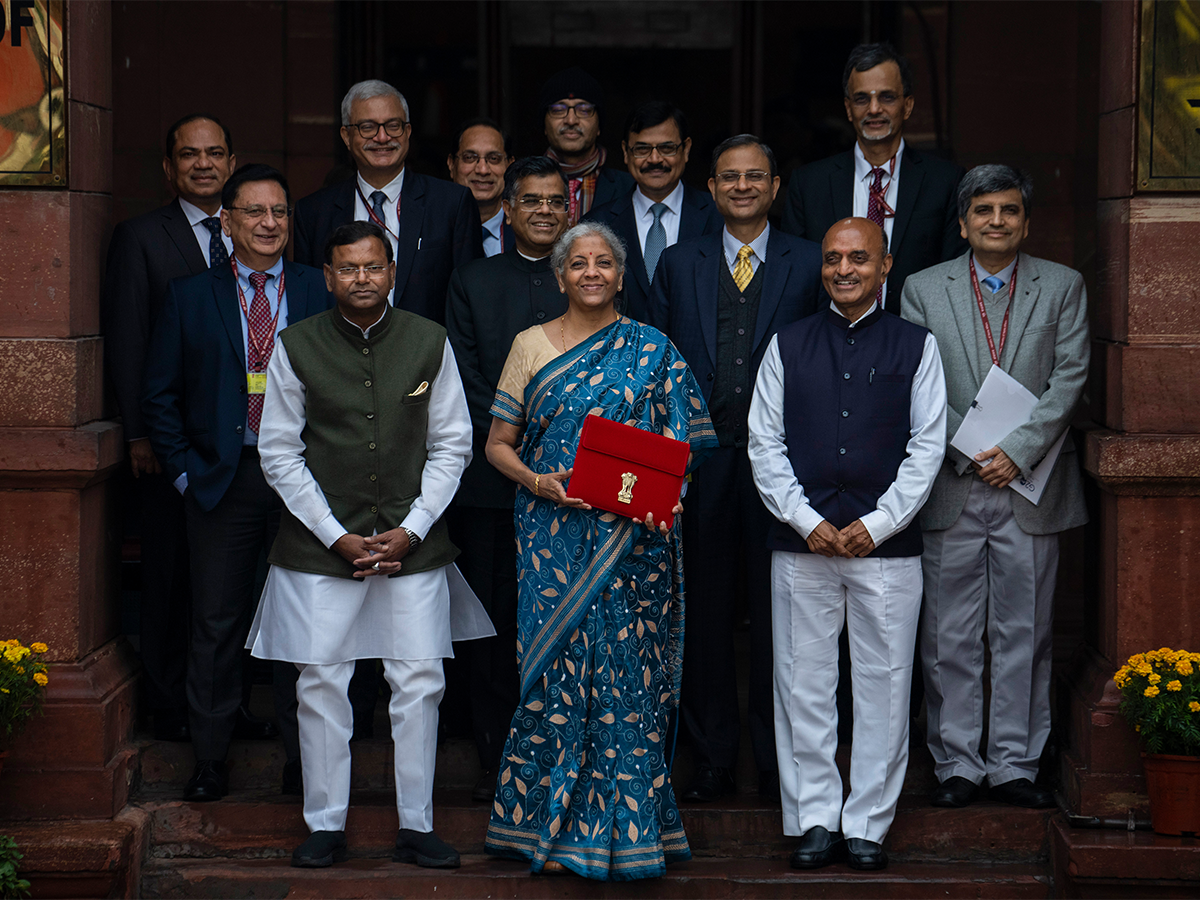Though no change in interim budget, full budget should ease these pain points of investors
[ad_1]

However, it’s now 4 pm on budget day. A few hours have passed since Finance Minister Nirmala Sitharaman said, “I commend the Interim Budget to the House,” and that’s all the action for the day. The implementation of GST and the reforms in petroleum prices and import duties have removed much of the annual volatility that the budget used to cause in the economic life of people and businesses. Within hours of the budget release and routine, rehearsed political reactions, it’s largely business as usual. Stability has replaced the fluctuations that once led to frenzied number-crunching and impassioned budget-day discourse. For most, the union budget passes uneventfully.
This year, because this is an interim budget and a vote on account, even less has happened. Of course, making it a vote on account was a choice–the government could very well have made it a freebie pre-election budget. It’s a pleasant surprise that it wasn’t.
That’s not to say that there’s nothing to do–or that the full budget that will follow in June should have no changes. In my own area of personal finance and investment, predictability is always welcome, but some changes would be most welcome when the real budget for the year lands. Here’s one: unindexed long-term capital gains tax on equity investment makes no sense whatsoever. Taxing these changes is the government’s right, but to not allow indexation of these gains is a travesty that has gone on for too long. Another set of changes is now sorely needed in the National Pension System. For one, there isn’t enough exposure to equity for most NPS members. This makes their retirement income market-linked, yet they are not able to fulfil the real returns potential. An additional problem is that of post-retirement withdrawals. Because of the lack of reasonable annuity products in India, NPS needs to have a fully graduated withdrawal structure. There’s some movement in this direction, but a lot more has to be done.Then, there are some procedural fixes that could make the life of investors easier, the biggest being that long-standing pain point, KYC. We need one centralised, Aadhaar-based KYC in this country and logically, this should be the KYC that is done for an active bank account. The reason why this is not done is related to the way the liability for KYC lapses is assigned in the anti-money-laundering laws. This needs to change to remove roadblocks for investors. So, while it’s good that we have core stability in personal finance laws and rules, the full budget should look at these and other pain points.(The writer is CEO of Value Research)
 Loan, Personal Loan, Home Loan, Business Loan,Loans in India Loan in India, Personal Loan, Home Loan, Business Loan, Loans in India,Loan Finance,Loan in India, Get Instant Personal Loan,Home Loan, Business Loans in India
Loan, Personal Loan, Home Loan, Business Loan,Loans in India Loan in India, Personal Loan, Home Loan, Business Loan, Loans in India,Loan Finance,Loan in India, Get Instant Personal Loan,Home Loan, Business Loans in India